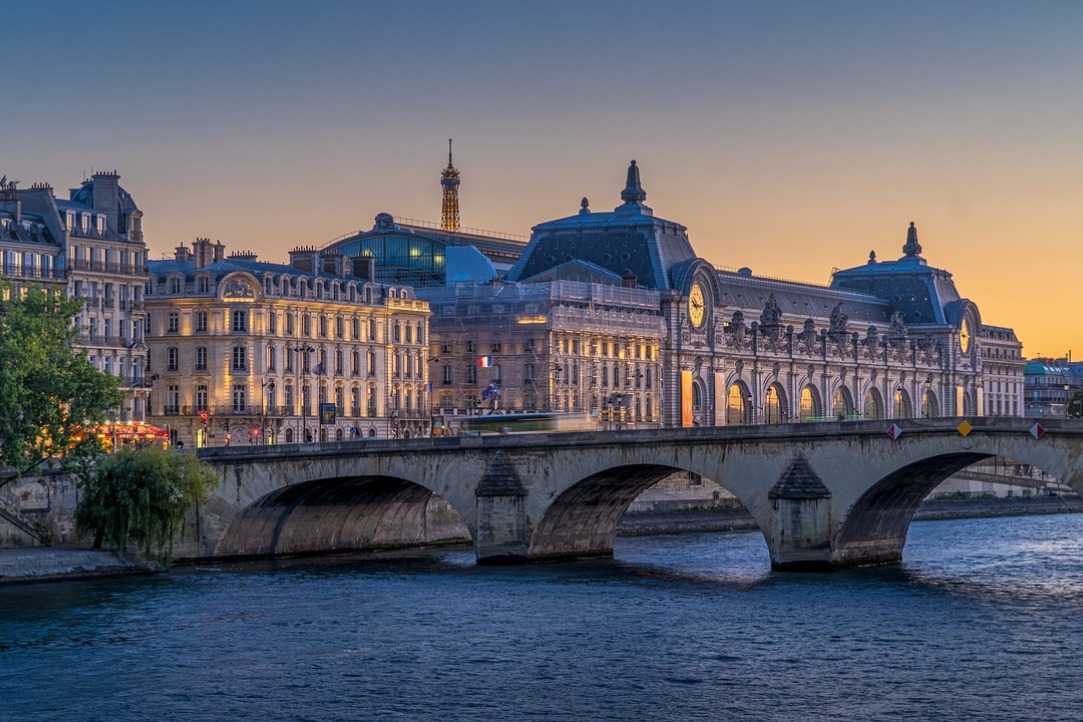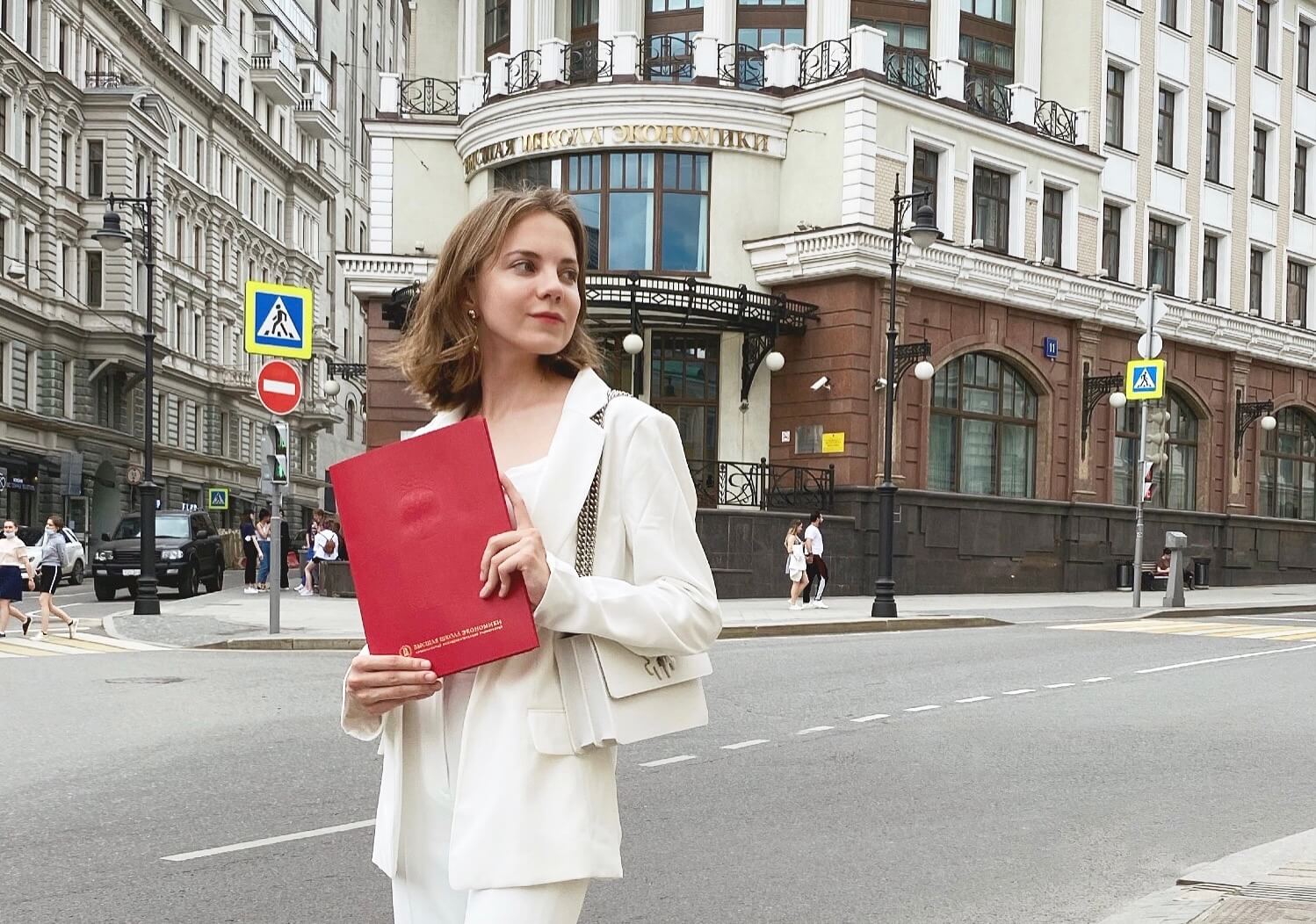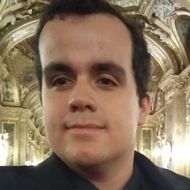Great Atmosphere and Language Practice: HSE French Club Welcomes Everyone

In 2021, the HSE French Club celebrates its 15th anniversary. On February 15, Louis Ernou, a French student currently doing his Master’s in Russian Studies at HSE University, gave a talk about French history for the club members. To learn more about the French Club, we spoke with Louis Ernou, Natalia Zhukova, head of the HSE French Club and tutor at the School of Foreign Languages, and Valeria Vazhenina, student head of the Club and first-year Master's student of Foreign Languages and Intercultural Communication.
The HSE French Club brings together those who love French language, as well as the history and culture of France and other Francophonic countries. The club team consists of eight people today, who come up with the agenda and provide information support in social media. The club’s online meetings attract about 50-60 people.
Natalia V. Zhukova
Head of the HSE French Club and tutor at the School of Foreign Languages
Our French teachers held the first events for students in 2006. At that time, they organized small festivals for students of French—there were theatre performances in French, a French studies competition for anyone interested, and in the summer, a small student concert, where the winners got souvenirs. This is how the first French Language Festival took place. It was a success, so the teachers and students decided to continue the tradition of extracurricular meetings. Today, my favourite is the annual French Language Festival, where everyone can show their talents.
Over the past fifteen years, the club has organized all sorts of events that have helped us discover France and Francophonie: roundtable discussions, music nights, quizzes, lecture series, museum excursions, board games, and theatre performances.
In addition, the club is an active participant in organizing the annual International Student Research Conference ‘La France et la Francophonie d’aujourd’hui’.
We have a great team of francophones and Francophiles, who develop the club. We welcome everyone and are open to anyone with different levels of French.

Valeria Vazhenina, student head of the Club and first-year student of Foreign Languages and Intercultural Communication
What I like about the club is its great atmosphere: our events are attended by people from different years at HSE and even other universities, and it is always thrilling to meet new people in a French-speaking environment. Language practice is a big advantage: we usually conduct events in French, which helps us to develop our language skills.
The club aims to introduce participants to the history and culture of France and Francophonie, as well as to learn something new in addition to university classes of French. That’s why we’ve focused on various meetings with native speakers: presentations, discussions and lectures where everyone has a chance to talk with each other in French.
It is essential for students to improve and use their language skills, and such meetings help achieve these goals.
Our annual International Student Research Conference ‘La France et la Francophonie d’aujourd’hui’ is a great experience: it allows participants to practice the language, publish research, and most importantly, interact with incredible people.
I am a big fan of our festivals (Christmas, the annual summer French Language Festival), and among the recent events, I was most impressed by the lecture about the French Empire by Louis Ernou, an HSE University Master’s student who supports our activities.
Louis Ernou, first-year student of the Master’s programme in Russian Studies

I hope to be worthy of the highest honors and no matter what position I hold but I hope to be able to recast what I call “the spirit of Normandy-Niémen”. History has it that Russia first became an enemy, and then an ally of France. And in the future Russia will become a friend of France. Between allies, one is content with the politeness imposed by diplomatic conventions. But among friends, we support each other no matter what happens, we say things to each other when they have to be said, even if it is unpleasant. But above all we work together in a common interest. That’s what I hope to do in the future.
If 1812 taught me one thing is that Russia can be invaded only by millions of French tourists who one day will surge through all of Russia. The friendship between our peoples is strong and I will do everything to contribute to that. But we do not know what tomorrow will bring. If one day I am deemed worthy of this honour, then I will arrive at the Elysée through the Great Gate. Qui vivra verra.’
At the Sorbonne, I studied many points of World History. But I focused on the contemporary history of France. I was lucky to have had the teachers Olivier Dard and Tristan Lecocq as professors. They specialize in political history and military history, respectively. Their teachings have allowed me to move forward and make significant progress in my future plans. I prefer to study these topics, because it seems necessary to know these areas perfectly in order to be part of the best in my future professional projects. So with my studies in Russia, my knowledge and skills will be perfectly complementary. I will have the opportunity to develop this aspect a little later.
As for the French club, I discovered it randomly. I learned about the existence of the club a few weeks ago and I offered my services in helping organize conferences on the history of France. The officials agreed and since then it has been a pure pleasure.
I really enjoyed the preparation and the conference on the French Empire, the listeners showed interest and it was a real pleasure to be able to share the history of my country with Russian francophiles.
I was really impressed with their level, which is really good. There are students who are well versed in the language, but even students who struggle with French listen well and are focused. I am sure that they will quickly be very strong in French.
At my lecture “L'épopée de la France libre” (“the Epic of Free France”) I had the opportunity to present the glorious adventure of these heroes from the disaster of 1940 to the final victory over Nazi Germany.
